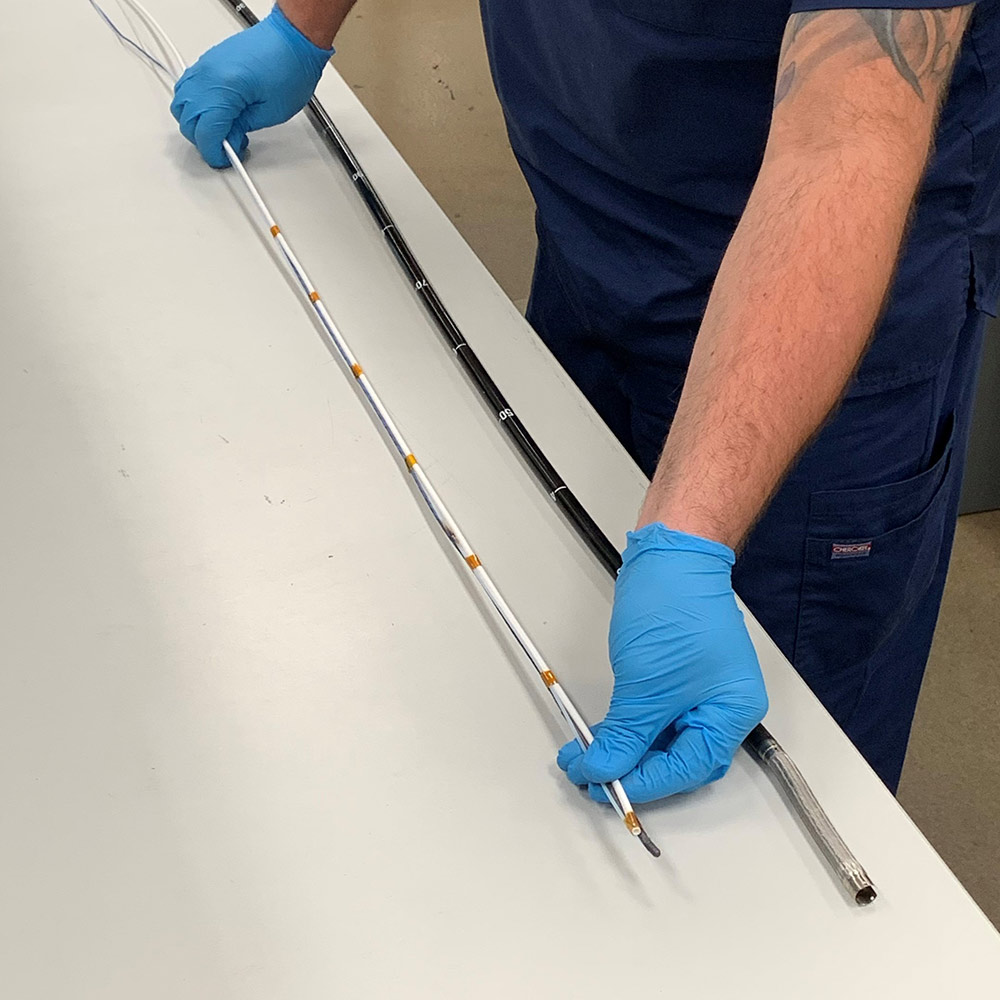Introduction to Advanced Practice Nurses (APNs)
Advanced Practice Nurses (APNs) are becoming increasingly vital in healthcare, especially as mental health awareness grows. Their ability to provide holistic care and support patients through various treatments is unmatched. One area where APNs shine is in facilitating Transcranial Magnetic Stimulation (TMS) treatment, a revolutionary approach for managing depression and other mental health disorders.
As tms treatment apn gains traction among healthcare providers, it’s essential to understand how APNs play a crucial role in this process. These skilled professionals administer the therapy and contribute significantly to patient education and overall well-being. In this blog post, we’ll explore the pivotal contributions of APNs in delivering TMS treatment while highlighting their importance within this evolving field. Get ready to explore an exciting intersection of nursing and innovative mental health care!
What is TMS Treatment?
Transcranial Magnetic Stimulation (TMS) is a non-invasive therapy used primarily to treat depression. It utilizes magnetic fields to stimulate nerve cells in the brain. This technique aims to improve symptoms when traditional treatments, like medication and psychotherapy, have not yielded sufficient results.
An electromagnet is placed on the patient’s scalp during a TMS session. The device sends short pulses of magnetic energy that target specific areas related to mood regulation. Patients typically remain awake and alert throughout the procedure.
The treatment usually involves multiple sessions over a few weeks. Many individuals experience significant relief from their depressive symptoms after completing the program. Side effects are generally mild compared to those associated with antidepressant medications.
TMS has opened new avenues for patients seeking alternative options in mental health care, providing hope where other methods may have fallen short.
The Growing Acceptance and Use of TMS Treatment by APNs
The landscape of mental health care is rapidly evolving, and advanced practice nurses (APNs) are at the forefront of this change. tms treatment apn has gained momentum as a viable option for patients resistant to traditional therapies.
APNs have embraced this innovative approach, recognizing its potential to transform patient outcomes. Their training equips them with the skills to effectively and safely administer TMS.
As more studies highlight the efficacy of TMS, APNs find themselves increasingly involved in its implementation. This shift enhances their roles and empowers patients seeking alternative treatments.
Collaboration among healthcare providers has further fueled acceptance. Many recognize that integrating TMS into comprehensive care plans can lead to better management of conditions like depression and anxiety.
With each passing year, the integration of tms treatment apn by APNs becomes more commonplace, marking a significant evolution in mental health strategies.
Benefits of APNs in Facilitating TMS Treatment
Advanced Practice Nurses play a pivotal role in facilitating TMS treatment. tms treatment apn Their extensive training allows them to assess patients effectively and tailor treatment plans that meet individual needs.
APNs provide vital support throughout the process. They educate patients about TMS, helping alleviate fears and misconceptions associated with the procedure. This reassurance fosters trust and encourages adherence to treatment protocols.
Moreover, APNs contribute significantly to monitoring patient progress. Their clinical expertise enables them to identify any potential side effects early on, ensuring timely interventions when necessary.
The collaborative approach of APNs enhances communication among healthcare teams. By acting as a bridge between psychiatrists and patients, they facilitate a more cohesive care experience.
Their holistic approach addresses mental health concerns and promotes overall well-being during TMS treatment.
Challenges Faced by APNs in Implementing TMS Treatment
Implementing tms treatment apn presents various challenges for Advanced Practice Nurses (APNs). One significant hurdle is increased awareness among patients and healthcare providers. Many individuals need to become more familiar with transcranial magnetic stimulation, which leads to skepticism about its efficacy.
Additionally, the financial aspect can be daunting. Insurance coverage for TMS treatment varies widely, which can discourage both APNs and their patients from pursuing this option. Navigating these insurance policies requires time and effort, which many APNs may still need.
Moreover, specialized training is needed. While APNs are well-versed in numerous areas of care, TMS involves specific protocols that demand further education. tms treatment apn Finding comprehensive programs can sometimes prove challenging due to geographical limitations.
Integrating TMS into existing mental health services requires coordination within multidisciplinary teams. This collaboration is essential but often complicated by differing priorities or a lack of communication among team members.
Training and Education Requirements for APNs in TMS Treatment
Advanced Practice Nurses (APNs) are crucial in administering TMS treatment. tms treatment apn However, they must undergo specific training to ensure they are well-equipped.
Typically, APNs begin with a Master’s or Doctoral degree in nursing. Specialized coursework that focuses on mental health and neurophysiology is essential. This foundational knowledge allows them to understand the intricacies of TMS effectively.
Hands-on experience is equally important. Many programs include clinical rotations, during which APNs can observe and participate in TMS procedures under supervision.
Continuing education is also vital due to the evolving nature of TMS technology and techniques. Workshops and certifications related explicitly to TMS can further enhance their skills.
By committing to ongoing learning, APNs improve their competence and contribute positively to patient outcomes in TMS therapy settings.
The Future of APNs in the Field of TMS Treatment
The landscape of mental health care is evolving, tms treatment apn and Advanced Practice Nurses (APNs) are at the forefront. As more healthcare facilities embrace Transcranial Magnetic Stimulation (TMS) treatment, APNs will likely take on more significant administrative roles.
Their advanced training and clinical expertise make these professionals well-equipped to manage TMS procedures. They can provide vital patient support throughout the process, enhancing overall care quality.
Emerging technologies and techniques will further shape how APNs implement TMS treatment. Continuous education ensures they stay updated on best practices and new developments.
Moreover, as patients increasingly seek non-invasive alternatives for mental health issues, demand for skilled practitioners like APNs will rise. Their involvement could lead to improved accessibility of tms treatment apn across various settings.
As this field grows, collaboration among medical disciplines may enhance outcomes and streamline integrated care approaches for patients needing TMS therapy.
Conclusion
The role of Advanced Practice Nurses (APNs) in facilitating TMS treatment is becoming increasingly significant. tms treatment apn As the demand for effective mental health solutions rises, APNs are stepping up to provide essential support and care. Their specialized training and holistic approach enable them to bridge the gap between patients and this innovative therapy.
TMS treatment offers a non-invasive option for individuals struggling with depression and other mental health disorders. APNs can enhance access to tms treatment apn this life-changing service with their expertise, ensuring that more patients benefit from its effects.
While challenges remain—such as navigating insurance complexities or addressing patient hesitance—APNs continue to find ways to overcome these hurdles. Ongoing education is crucial in empowering them with the knowledge needed to implement TMS treatments successfully.
The integration of APNs into TMS therapy will likely expand further. As they continue to advocate for their patients while refining their skill sets, we can expect a brighter future filled with improved access and outcomes in mental healthcare through tms treatment apn and initiatives.










